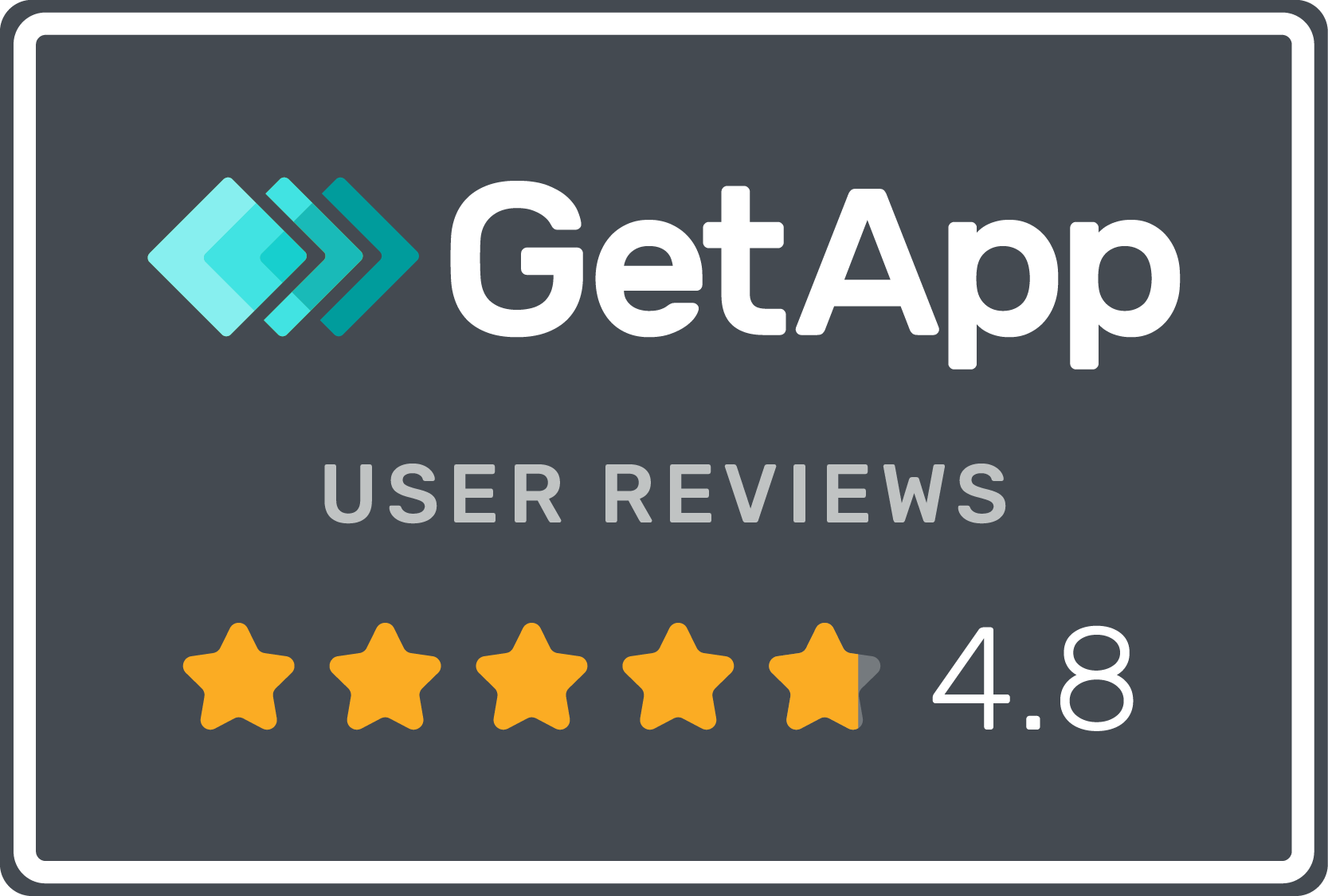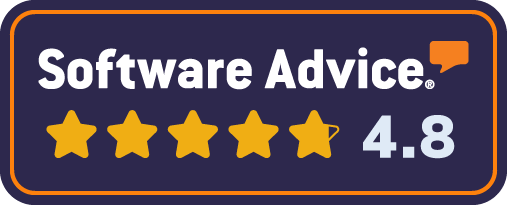How Can Your Organization Benefit from Anonymous Crowdsourcing?
Posted May 6th, 2018

A paramount feature of Incogneato’s Premier Plan is a powerful anonymous crowdsourcing forum. This feature enables the ability to selectively add suggestions already received via an Incogneato anonymous suggestion box to a publicly available site for anonymous voting and discussion. Here are just a few practical uses by field:
- Human Resources: challenge your employees to submit and discuss ideas to improve their work environment or save money.
- Businesses: empower your customers to suggest and vote upon new products or services.
- Government: encourage your community members or internal staff to submit and discuss local improvement ideas.
- Product Managers: upload your new product road map and open it up to anonymous voting and discussion.
- Nonprofits: collaborate with your employees, community, or other organizations to further your goals.
- Landlords: post suggestions you’ve received from tenants for anonymous community discussion.
- Education: let students and parents take an active role in the classroom by anonymously discussing new learning techniques.
Does Crowdsourcing Really Improve Ideas?
Recent studies from both the Harvard Business Review and MIT’s Sloan Review suggest that crowdsourcing ideas is an effective and necessary exercise for companies interested in improving both their operations and knowledge base.
Findings from a study released last year by MIT’s Sloan Review were among the most promising. The researchers spent four years at three large organizations, one each from the telecommunications, healthcare, and retail fields, studying the implementation, reception and results of crowdsourcing initiatives. Their findings were unequivocal: “Because many large companies have pockets of expertise and knowledge scattered across different locations, we have found that harnessing the cognitive diversity within organizations can open up rich new sources of innovation. Internal crowdsourcing is a particularly effective way for companies to engage younger employees and people working on the front lines.”
This study suggests that crowdsourcing taps into existing company resources by leveraging the innovative power already present in employees. Sometimes all it takes is bringing people together to collaborate and share knowledge.
An article by Henry Chesbrough in the Harvard Business Review (HBR) also suggests that companies willing to crowdsource beyond the confines of their own organization may stand to reap enormous rewards, even if that means sharing proprietary information. “Companies must become nimble at “open innovation”—at accessing and exploiting outside knowledge,” writes Chesbrough, “while liberating their own internal expertise for others’ use.”
Whether companies are providing internal crowdsourcing tools to gather suggestions from employees, or expanding beyond the bounds of their organization to source solutions from external groups, they’re acquiring new knowledge, ideas, or resources at a very small cost.
Why Does It Have to Be Anonymous?
When not anonymous, employees tailor their feedback to avoid irritating or challenging their superiors, which guarantees that potentially difficult or groundbreaking discussions end up watered down or withheld altogether. Other groups, like customers, students and coworkers, may also hesitate to engage in a candid discussion when they feel their words can alter or jeopardize a relationship.
This desire for anonymity is well-documented in research on employee feedback. In an article on conducting employee surveys, HBR noted that when asked to submit feedback, anonymity is the number one concern for employees. When employees are certain that their feedback will remain anonymous, they are not only more likely to submit honest, productive feedback, they are likely to submit it more often. This type of environment is vital for the successful implementation of a crowdsourcing initiative. Candid, secure employees are far more likely to provide innovative insights than those worried about the consequences of alienating leadership.
Anonymous Crowdsourcing with Incogneato
Incogneato’s Premier Plan offers company managers the opportunity to crowdsource ideas and feedback from employees in an open and anonymous setting. It does this by expanding upon Incogneato’s core functionality by letting managers selectively add suggestions they receive to a public voting and discussion box. The box can be both password-protected and restricted by IP address to limit access.
Incogneato can help to validate employee contributions while providing the company with tangible suggestions for improving workplace culture and adjusting operations—it has the potential to bring forth truly innovative ideas from a company’s workforce.
Give your organization the powerful benefit of honest employee feedback. Start your free trial now. Not convinced yet? Here are five reasons to choose Incogneato for your anonymous feedback.








